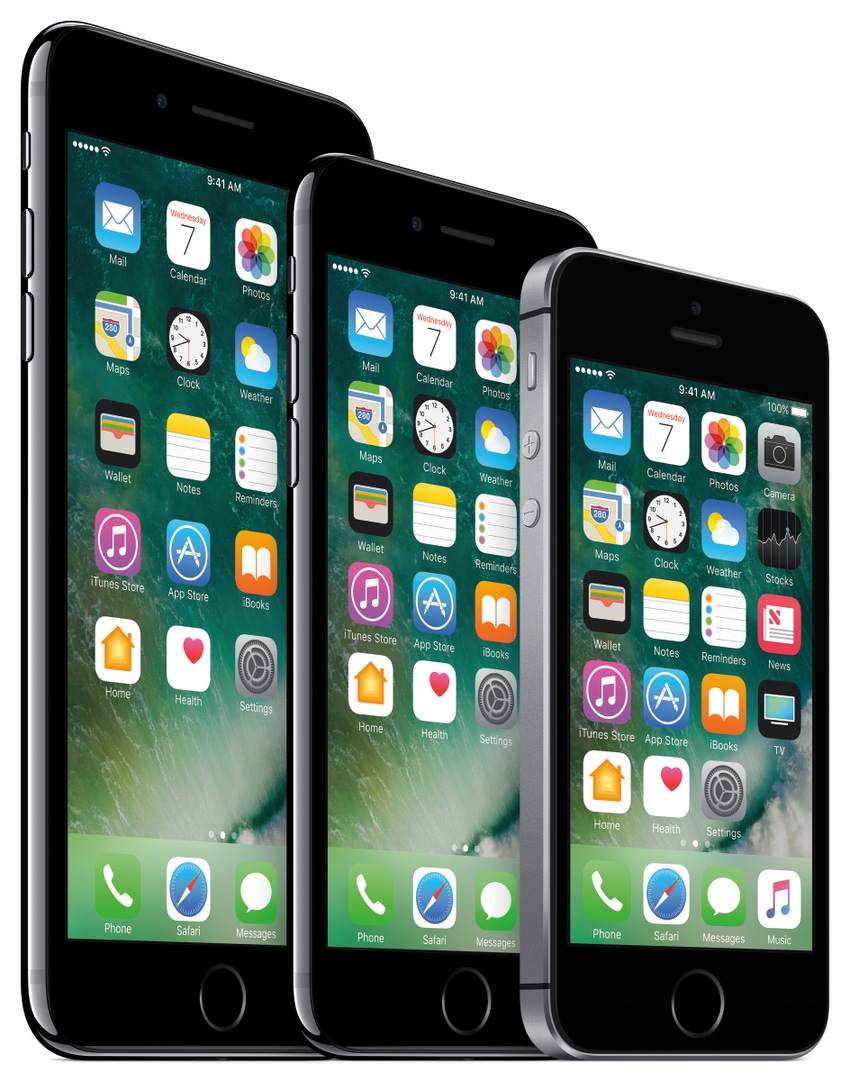Does Apple have a third act? I’m betting it does. But I cannot help but notice its audience is getting restless.
January 10, 2017

On Monday, I reminded my son that the Apple iPhone turned 10 years old. “Pretty cool, eh?” I said.
My words were met with stony silence. After a long pause he replied, “I guess so. But the iPhone is so ‘Avatar.’”
“The movie? It did billions at the box office,” I replied.
“Money isn’t everything, Dad; the iPhone is no longer cool.”
Wow, I thought. How could that be? Apple, after all, has sold more than a billion iPhones in the past decade. And the device is still seen as an iconic consumer good around the world—or at least was until recently. Today, my son and his peers, not to mention a generation of Chinese consumers, don’t view the iPhone as a status symbol anymore.
Though a mainstay of Apple’s revenue, the iPhone simply isn’t commanding the attention it once did. Not surprisingly, Apple reported lower sales in fiscal 2016 for the first time in 15 years.
All of this got me wondering: What is “Apple” to a younger generation? After some prompting, I asked my son to play some word association with me. “When I say a tech company, you tell me the movie that springs to mind,” I said. “If "Apple" is ‘Avatar,’” I asked, “What is ‘Microsoft?’”
“’Microsoft’ is ‘Star Wars,’” he said without delay. “It’s a once-tired franchise that has found new life but still hasn’t gotten everything right.”
“Google?”
“It’s Marvel, a big, sprawling conglomerate with some good and bad ideas that everyone spends on and some people love.”
“Facebook?”
“WalMart. It’s got everything. It’s everywhere. Some people use. But no one loves.”
“Amazon?”
“Amazon is ‘Disney.’ It’s something you feel you have outgrown but still rely on. It serves a purpose and can sometimes surprise. Plus, you remember a brief time when it was your favorite.”
His insights stunned me. But I thought them spot on for the most part—especially when it came to Apple. The Apple that I admired no longer seems to be. Today, it’s big, unfocused and inelegant. Take design, which Apple once dominated. Apple is no longer the design leader of a decade ago. If you need proof, look no further than the Cupertino, Calif., company’s latest Mac Book Pro with Touch Bar, an illuminated function strip that amounts to another input mechanism for logging in, sending emojis and making keyboard shortcuts. While clever, Touch Bar is unpolished at best. And it’s not the only example of Apple’s labored design aesthetic.
Want more proof? Spend an hour with iTunes, a software app that was once the epicenter of the music industry but now struggles in its role as the nexus of TV, podcasts, movies and other digital offerings. As you can imagine, mission-creep has left iTunes with all the design élan of a PT Cruiser Convertible with faux wood-grained trim.
Although an admired innovator in watches, Apple lags in home automation, struggles in the enterprise and is losing grip with today's youth. To wit, my son, who loves his iPhone, asked for a Windows 10 machine for his birthday. (Gaming and compatibility, he said, were his top two considerations.)
Which brings to me to my original question: Is the new Apple the old Microsoft? (I'm not the first to wonder.) I think the answer has to be “yes.” Apple no longer offers the phone everyone lines up to buy, the tablet everyone craves or the de facto best-in-class laptop.
Instead, it’s a jumble of ideas that we put up with while it goes about propping up its money-making franchises. We keep hoping that it will regain its footing. In music streaming, device innovation and software services.
Does Apple have a third act? I’m betting it does. But I cannot help but notice its audience is getting restless.
About the Author(s)
You May Also Like


